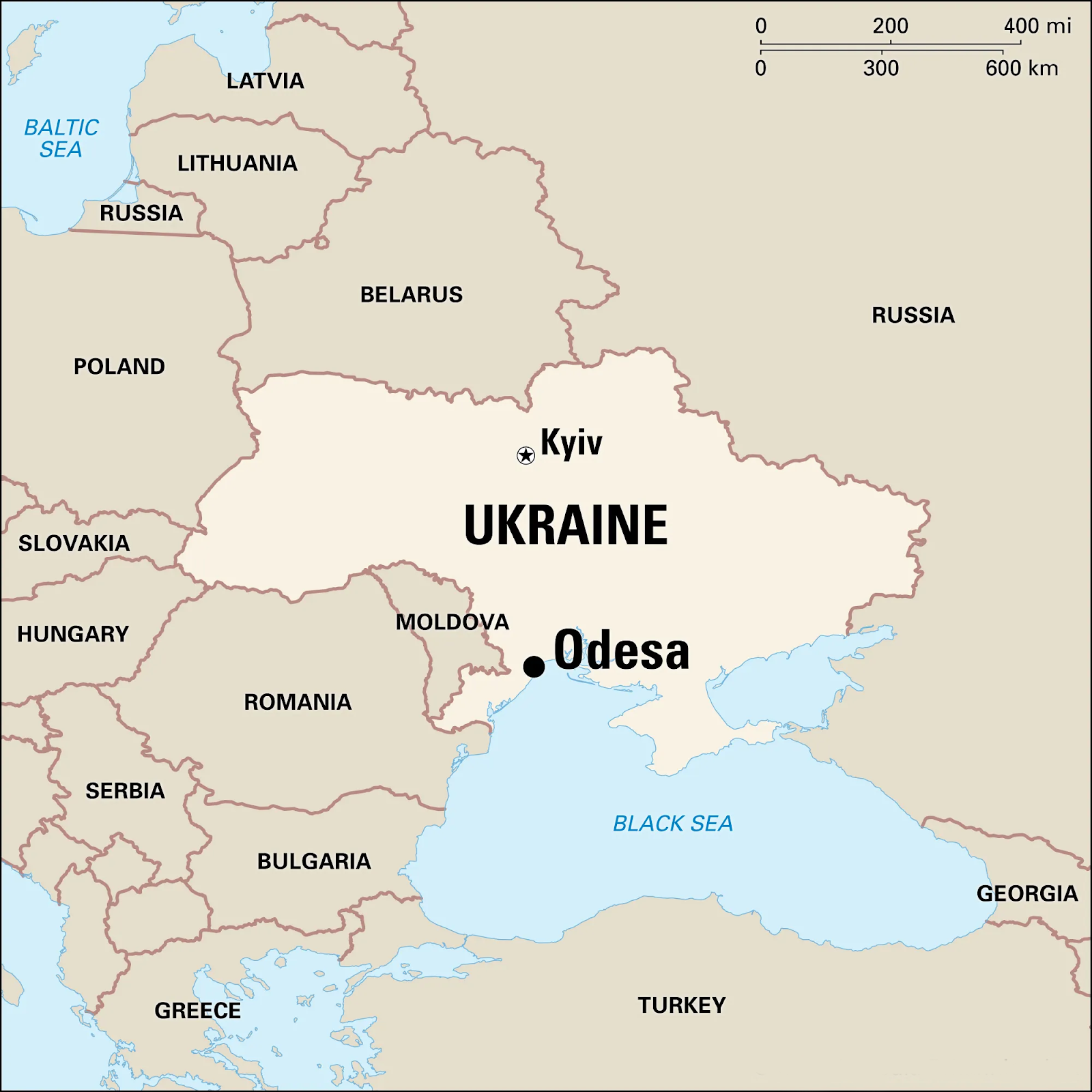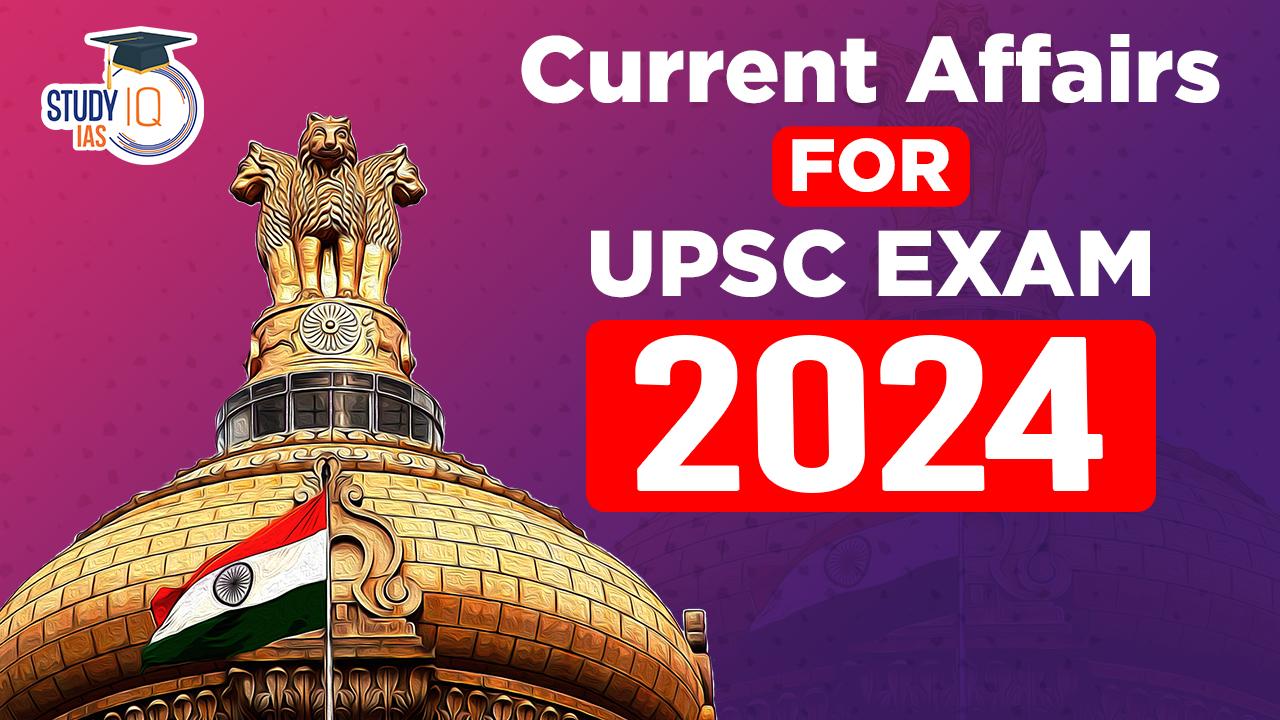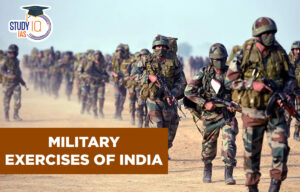Table of Contents
Parliament’s Performance
Context: Recently, the 17th Lok Sabha (2019-24) concluded its proceedings.
Glimpse of the Performance OF the 17th Lok Sabha
Legislative Activity and Parliamentary Focus
- The polity has been dynamic, with the Prime Minister’s Office receiving 1,146 questions from Rajya Sabha members, answering only 28.
- Interest in the Prime Minister’s responses has decreased, from 5,000 inquiries in the 15th and 16th Lok Sabhas to 1,700 in the 17th.
- Shifts in parliamentary interests include increased attention to Health and Family and Agriculture and Farmers’ Welfare Ministries.
- National security and internal affairs, once highly scrutinised, have seen a decrease in attention.
Ministries Under Scrutiny
- Health and Agriculture Ministries received the most questions, indicating priority areas for Parliament.
- The Ministry of Home Affairs saw a 32% decline in inquiries, suggesting a shift in focus away from national security.
- The Finance Ministry, while still crucial, experienced a drop in parliamentary interest, although there’s an uptick in questions admitted for discussion, hinting at a push for financial transparency.
Challenges and Oversight
- The COVID-19 pandemic has significantly impacted health and education sectors, with education maintaining its importance in parliamentary questions.
- An increase in disallowed questions in the Rajya Sabha suggests challenges in parliamentary oversight.
- Significant Ministries like Health, Home Affairs, Defence, Agriculture, and Finance accounted for a substantial portion (36.6%) of disallowed questions in both houses, pointing to systemic oversight issues.
Parliamentary Interventions
- Zero Hour usage has significantly increased in both houses (Rajya Sabha: 62% increase, Lok Sabha: 34% increase), indicating a focus on addressing urgent issues.
- There’s a decline in the use of other interventions like Half-an-Hour Discussions, indicating a potential area for improvement to enhance debate quality.
Opportunities and Accountability
- The 17th Lok Sabha showed proactivity in question admission and discussions, yet overlooked opportunities for raising important issues.
- Missed discussions on critical societal issues like student suicides due to competitive exams highlight gaps in addressing public concerns through parliamentary means.
- Historical instances of the Opposition influencing legislative decisions emphasise the need for more engaged and accountable parliamentary practices.
We’re now on WhatsApp. Click to Join
India’s Antarctica Bases
Context: India set up its first post office in Antarctica at Dakshin Gangotri, the nation’s inaugural scientific base, in 1984.
India’s Engagement with Antarctica
Initial Steps
- Request to UN General Assembly: In 1956, at the behest of Jawaharlal Nehru and V.K. Krishna Menon, India proposed discussing “The Question of Antarctica” at the UN, aiming for its peaceful use and general welfare.
- Antarctica Treaty Formation: Despite India’s early interest, it was not involved in the 1959 Antarctica Treaty discussions or signing in Washington DC, primarily among 12 countries claiming stakes in Antarctica.
Indian Antarctic Expeditions
- Operation Gangotri: India’s first Antarctic expedition launched in 1982 under Indira Gandhi’s leadership, focusing on ecological research, including studies of the Indian Ocean, monsoons, life in icy regions, and marine biodiversity.
- Membership in Antarctic Treaty: Success from initial expeditions led to India becoming a treaty member in August 1983, with China joining in 1985.
Achievements in Antarctica
- Research Bases: India established its unmanned base, Dakshin Gangotri, in 1984, followed by two manned stations, Maitri (1988) and Bharati (2012), which are currently operational.
- Expeditions: India has conducted forty expeditions to Antarctica, contributing significantly to global scientific knowledge and research in the region.
| Note |
|
Odesa
Context: Drone attacks by Russia damaged equipment at energy facilities in the Odesa region (Ukraine).
About Odesa
- Location and Significance: Odessa, also spelled Odesa, ranks as Ukraine’s third-largest city, known for its vital seaport and position as a transportation nexus in the country’s southwest, near the Black Sea’s northwestern coast.
- Nicknames: The city is affectionately dubbed “The Pearl by the Sea,” recognized also as “The Southern Capital,” “Odessa-mama,” and likened to “Southern Palmyra” for its significance and charm.

- Maritime Facilities: It operates as an all-season port and encompasses the Port of Odessa as well as the Port Yuzhny, which houses a substantial oil terminal in the city’s outskirts.
- Recognition:
- In 2023, The World Heritage Committee decided to add the historic centre of Ukraine’s Black Sea port city of Odesa to its list of World Heritage sites.
- It has also been inscribed on the List of World Heritage in Danger.
Examples, Case Studies and Data for Value Addition
- International Relations (GS 3): India abstains at the U.N. Human Rights Council (HRC) on a vote calling for a Gaza ceasefire, and arms embargo against Israel.
- Miscellaneous: Every year 6th of April is celebrated as the International Day of Sport for Development and Peace.


 List of Military Exercises of India 2024...
List of Military Exercises of India 2024...
 GPS Spoofing and Its Impact in India: A ...
GPS Spoofing and Its Impact in India: A ...
 Amrit Gyaan Kosh Portal: A Comprehensive...
Amrit Gyaan Kosh Portal: A Comprehensive...





















